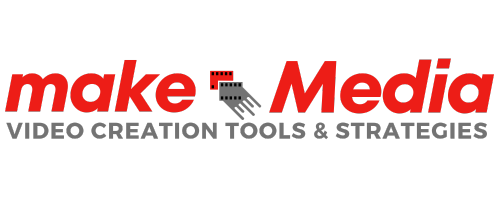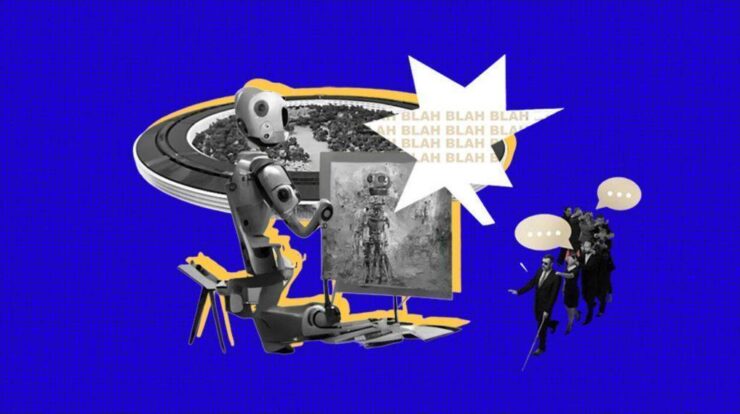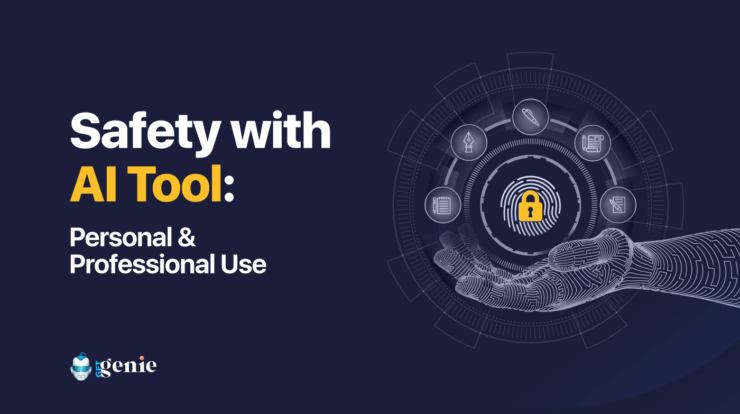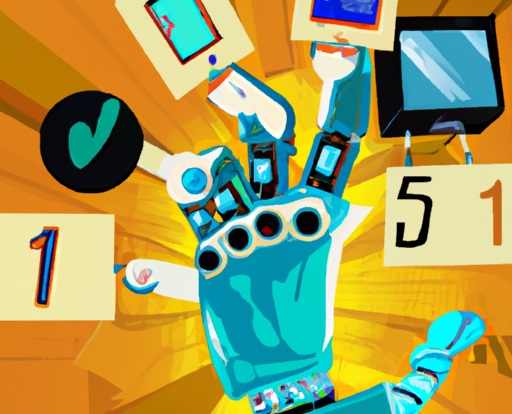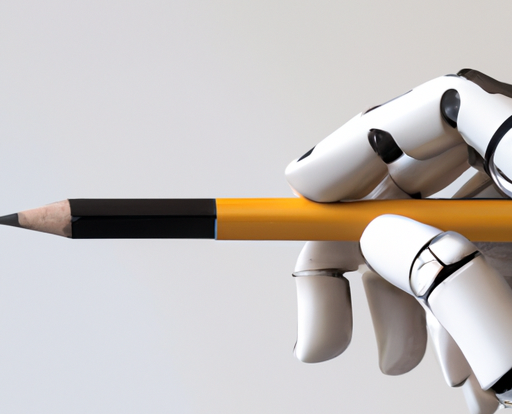
In a world where artificial intelligence continues to evolve and shape various aspects of our lives, the question arises: is it considered cheating if you rely on AI to complete tasks for you? Whether it’s using AI-powered writing assistants or allowing smart algorithms to generate ideas, the line between utilizing AI to enhance our productivity and crossing the boundaries of ethical conduct can be blurry. This article explores the ethical implications and gray areas of copying AI in order to navigate this rapidly advancing landscape with an understanding of the potential consequences.
Is It Cheating If You Copy AI?
Artificial Intelligence (AI) has become increasingly prevalent in today’s society, revolutionizing various fields and industries. As AI continues to advance and become more sophisticated, questions arise regarding its impact on creativity and originality. One such question that often comes up is whether copying AI can be considered cheating. To truly understand the implications of this issue, it is important to delve into the capabilities of AI, explore its use in different sectors, and consider the policies and ethical considerations surrounding it.
Understanding AI and Its Capabilities
AI refers to the development of computer systems that can perform tasks that would typically require human intelligence. These tasks include speech recognition, visual perception, decision-making, and problem-solving. AI systems rely on complex algorithms to learn from vast amounts of data and adapt their behavior based on patterns and experiences.
One of the key capabilities of AI is its ability to generate creative outputs, such as art, music, and writing. AI has shown remarkable progress in replicating human-like creativity, often producing works that are indistinguishable from those created by humans. However, it is important to note that AI lacks the human touch and understanding that comes from emotions, experiences, and unique perspectives.
Exploring the Use of AI in Various Fields
AI has made substantial contributions in fields such as healthcare, finance, transportation, and entertainment. In healthcare, AI-powered systems can analyze medical images and data, assisting doctors in making accurate diagnoses and treatment plans. AI algorithms have also proven effective in analyzing financial markets, predicting trends, and making investment recommendations. Moreover, AI has revolutionized the transportation sector with the development of self-driving cars, improving safety and efficiency.
The Role of AI in Creative Processes
The use of AI in creative processes has gained significant attention in recent years. AI algorithms can create original paintings, compose music, and even write literature. In the art world, AI has been used to generate paintings that closely resemble the styles of iconic artists. AI-generated music has also gained popularity, creating compositions that evoke various emotions and genres.
However, some argue that relying solely on AI for creative outputs takes away from the human element and the inherent emotions and experiences that artists bring to their work. While AI can assist in producing creative pieces, it is crucial to recognize and appreciate the human touch behind the art.
Policies and Regulations Surrounding AI
With the rapid advancements in AI technology, policymakers and regulators face the challenge of establishing guidelines to ensure its ethical and responsible use. Currently, there is a lack of comprehensive policies addressing the use of AI in creative processes. However, organizations such as the European Parliament have called for frameworks that guarantee intellectual property rights and attribute authorship to both human creators and AI systems.
Establishing clear policies and regulations is crucial to protect the rights and interests of both human creators and AI systems. It ensures proper recognition, attribution, and compensation for the individuals involved in the creative process, whether they are human artists or the creators of the AI algorithms.
Prevalence of AI in Education
AI has also found its way into classrooms and educational institutions. Intelligent tutoring systems can analyze student performance data and tailor personalized learning experiences. Automated essay-grading systems provide quick and objective evaluations, saving time for educators. Virtual reality and augmented reality technologies powered by AI enhance the immersive learning experience and provide interactive simulations.
While the integration of AI in education offers numerous benefits, it also raises concerns about the potential for excessive reliance on technology and the potential impact on human interaction and critical thinking skills. Striking a balance between utilizing AI’s capabilities and maintaining an engaging and interactive learning environment is essential.
Ethical Considerations in Copying AI
Copying AI-generated content raises ethical considerations that are not present when copying human-created works. AI-generated content is often produced using algorithms that have learned from existing works and data. While this can lead to impressive results, it raises questions about originality and plagiarism. Is copying AI-generated content the same as copying the work of a human artist?
Some argue that copying AI-generated content is not unethical since it is the result of machine learning algorithms that have analyzed existing works. However, others believe that proper attribution and recognition should be given to the creators of the AI systems and the human creators who trained the algorithms. Striking a balance between innovation, creativity, and recognition is necessary to navigate these ethical considerations.
AI vs. Human Originality
The debate over AI versus human originality is a complex one. While AI can replicate human-like creative outputs, it lacks the human ability to experience emotions, engage in critical thinking, and draw from personal experiences. Human creators bring their unique perspectives, emotions, and depths of understanding to their work, making it inherently different from AI-generated content.
In terms of originality, AI systems can analyze vast amounts of data and mimic existing styles and patterns. However, this raises the question of whether true originality can be achieved through AI. Human creators, on the other hand, have the ability to develop entirely new ideas, challenge established norms, and contribute to the evolution of art, music, and literature.
Potential Benefits and Drawbacks of Copying AI
Copying AI-generated content can offer both benefits and drawbacks. On one hand, it allows individuals to create works that are similar in style and quality to those produced by renowned artists. This can be particularly useful for aspiring artists who are looking to develop their skills and learn from established artistic styles.
However, copying AI-generated content can also hinder creativity and hinder the exploration of unique artistic expressions. It risks creating a culture of imitation rather than innovation, where originality and individuality are overshadowed by the replication of existing works.
The Future of AI and Copying
As AI continues to advance, it is likely to play an increasingly significant role in the creative process. AI systems will continue to improve in generating creative content, blurring the lines between human and AI-generated works. The future may see a greater integration of AI as a tool to assist human creators in their artistic endeavors, rather than a replacement for human creativity.
With this integration, the importance of recognizing and attributing the contributions of both human creators and AI systems will become even more crucial. Establishing clear guidelines and ethical frameworks that ensure fairness, recognition, and compensation for all parties involved will be essential to navigate the evolving landscape of AI and copying.
Conclusion
In conclusion, the question of whether it is cheating to copy AI-generated content is a complex one. While AI has demonstrated impressive capabilities in replicating human creativity, it lacks the unique perspectives, emotions, and experiences that human creators bring to their work. Policies and regulations surrounding AI must address the ethical considerations of copying AI-generated content to ensure proper recognition and attribution.
The integration of AI in various fields, including education, calls for a careful balance between utilizing AI’s capabilities and maintaining human interaction and critical thinking skills. Ultimately, the future of AI and copying lies in the collaboration between human creators and AI systems, with guidelines and frameworks that promote originality, recognition, and innovation.
